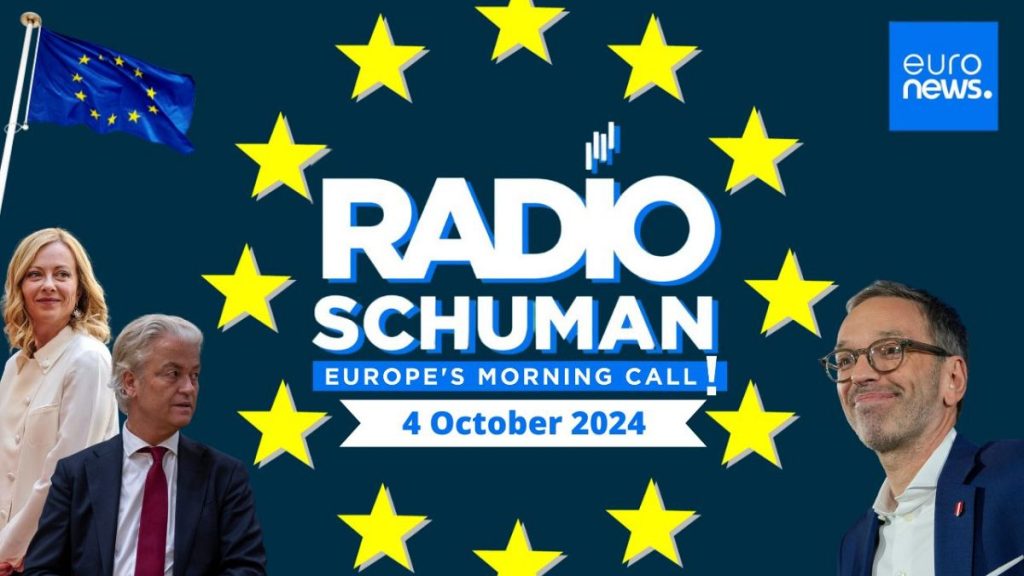Cas Mudde, a prominent Dutch political scientist specializing in populism, discusses the increasing trend of far-right party leaders rising to power in Europe. Most recently, Austria’s Freedom Party (FPÖ) won a national election, prompting speculation about potential coalitions with other parties and the possibility of party chief Herbert Kickl becoming the next Chancellor. Mudde notes that while far-right prime ministers are still relatively uncommon, the traditional reluctance to collaborate with extremist parties, known as the “cordon sanitaire,” has been eroding. Center-right parties are now more willing to form alliances with the far right, seeking to enhance their own political influence and secure more prominent roles within governing coalitions.
The question of how long the far-right will accept this new political landscape remains unclear, with implications for the future trajectory of European politics. The dismantling of the cordon sanitaire and the growing willingness of center-right parties to collaborate with far-right groups represent a significant shift in European political dynamics, reshaping traditional power structures and alliances. The evolving relationship between mainstream and far-right parties is likely to have far-reaching consequences for the region’s political landscape and could potentially alter the prevailing ideological currents in European governance.
In addition to discussing the rise of far-right parties in Europe, Radio Schuman also provides an update on the Chinese electric vehicle tariff vote among EU member states. This ongoing dispute has implications for Germany’s political role and stance on trade policy within the European Union. The outcome of the tariff vote could shed light on Germany’s position and influence in shaping EU trade policies, highlighting the country’s role as a key player in determining the direction of the bloc’s economic relations with China.
Radio Schuman, hosted and produced by Maïa de la Baume, offers listeners insights into key political developments in Europe, with journalist and production assistant Eleonora Vasques contributing to the program. The show features audio editing by Zacharia Vigneron and music by Alexandre Jas, providing a comprehensive examination of current events and trends shaping the European political landscape. By exploring topics such as the rise of far-right parties and trade policy decisions within the EU, Radio Schuman offers a nuanced perspective on the complex dynamics at play in European politics.
As Europe grapples with the rise of far-right parties and navigates complex trade policy decisions, Radio Schuman serves as a valuable source of analysis and commentary on critical political developments in the region. The program’s diverse range of topics, ranging from the erosion of traditional political norms to trade disputes with global partners, underscores the multifaceted challenges facing European policymakers and citizens. Through insightful interviews with experts like Cas Mudde and comprehensive coverage of key events, Radio Schuman provides listeners with a thorough understanding of the evolving political landscape in Europe and the implications for the region’s future direction.
With a team of talented journalists and production staff, including Maïa de la Baume, Eleonora Vasques, Zacharia Vigneron, and Alexandre Jas, Radio Schuman offers a compelling and informative look at the complex and interconnected issues shaping European politics. By delving into topics such as the rise of far-right parties and trade policy decisions, the program provides listeners with valuable insights into the challenges and opportunities facing the continent. As Europe continues to grapple with evolving political dynamics and external pressures, Radio Schuman’s insightful analysis and expert commentary contribute to a deeper understanding of the forces shaping the region’s political landscape.


